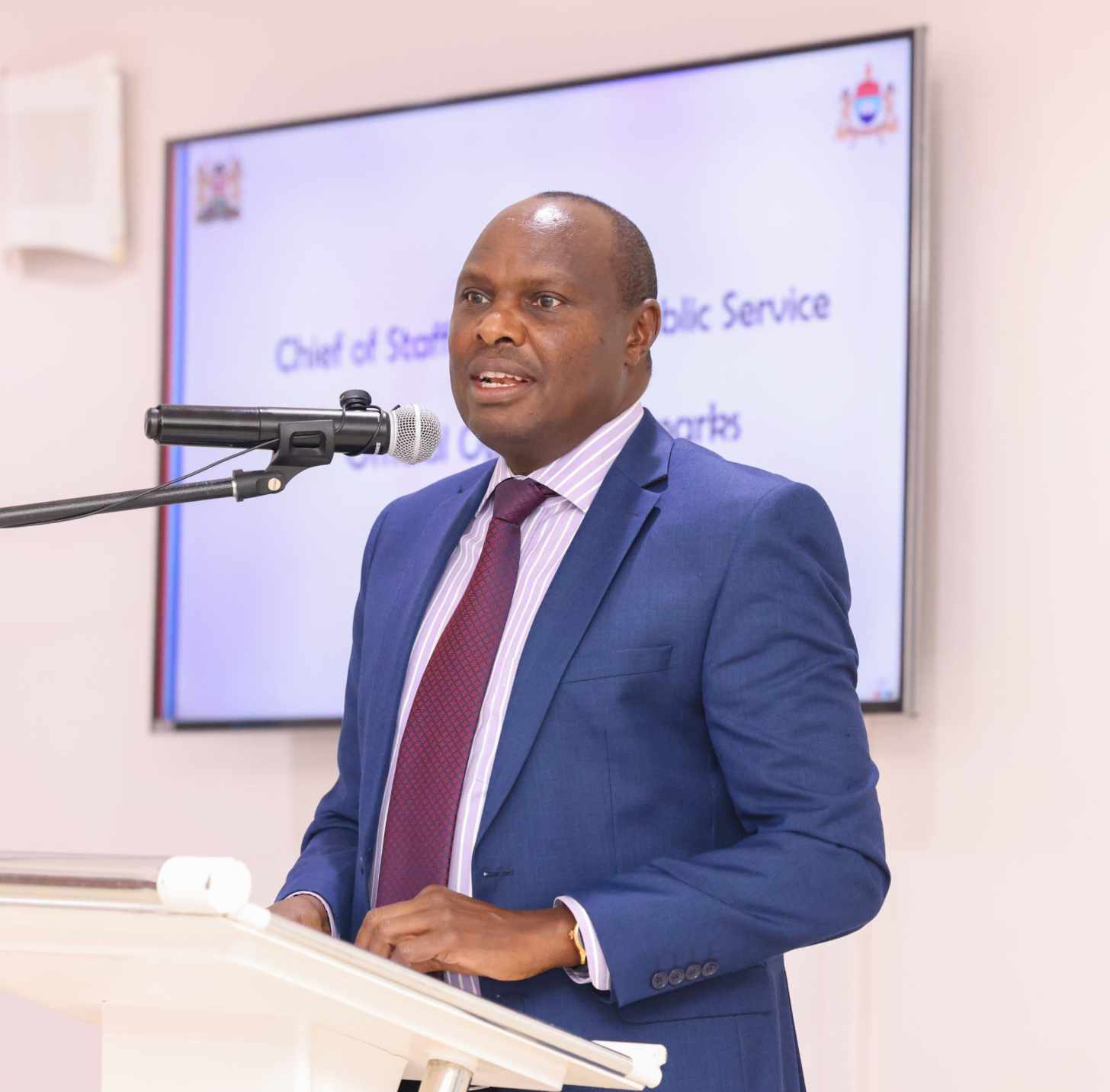Halt on parastatal hiring threatens services as 42 agencies face restructuring

The move is part of a major parastatal reform plan approved by the Cabinet in January, which includes mergers, dissolutions and mandate realignments.
Key public services and operations in dozens of government agencies could stall following a new directive halting all hiring, contract renewals, and capital projects in 42 state corporations targeted for restructuring.
In a memo, Head of Public Service, Felix Koskei ordered an immediate freeze on recruitment, contract extensions, salary adjustments and rollout of new projects.
The move is part of a major parastatal reform plan approved by the Cabinet in January, which includes mergers, dissolutions, and mandate realignments.
"A moratorium is issued on the recruitment and renewal of contracts for chief executive officers or any other officers serving on contract terms at the lapse of their current tenure,” the memo reads.
Koskei also directed that "any ongoing recruitment processes of staff in any cadre" be stopped.
In addition, new human resource policies, benefits, and changes to salary structures have been suspended.
"It is hereby directed that the following measures shall be undertaken in the state corporations identified," he said in the memo.
The affected corporations include those offering key infrastructure, trade and water services.
The Kenya Urban Roads Authority and Kenya Rural Roads Authority will be merged into one agency, while three water regulators will be collapsed into a single entity.
These are the Water Services Regulatory Board, Water Regulatory Authority, and the Regional Centre on Groundwater Resources, Education, Training and Research.
Other consolidations involve the Uwezo Fund, Women Enterprise Fund, and Youth Enterprise Fund, which will be unified into a single financing body.
The Kenya National Trading Corporation and National Cereals and Produce Board have also been merged.
In total, 25 corporations have been dissolved, with their roles returned to ministries and government agencies. Thirteen professional bodies have been declassified, while four funds were handed back to their parent ministries.
The freeze comes at a time when most government staff work on contract, following a shift in policy five years ago meant to improve efficiency and manage public spending.
At least 3,100 staffers from the affected agencies now face job uncertainty, and service delivery is expected to slow down as the restructuring gets underway.
